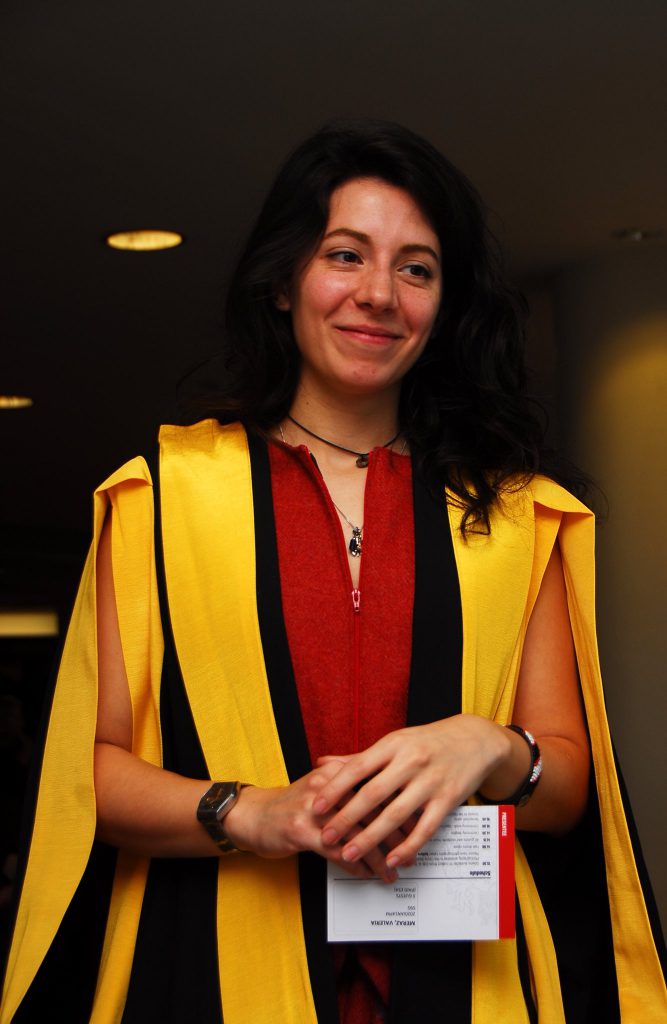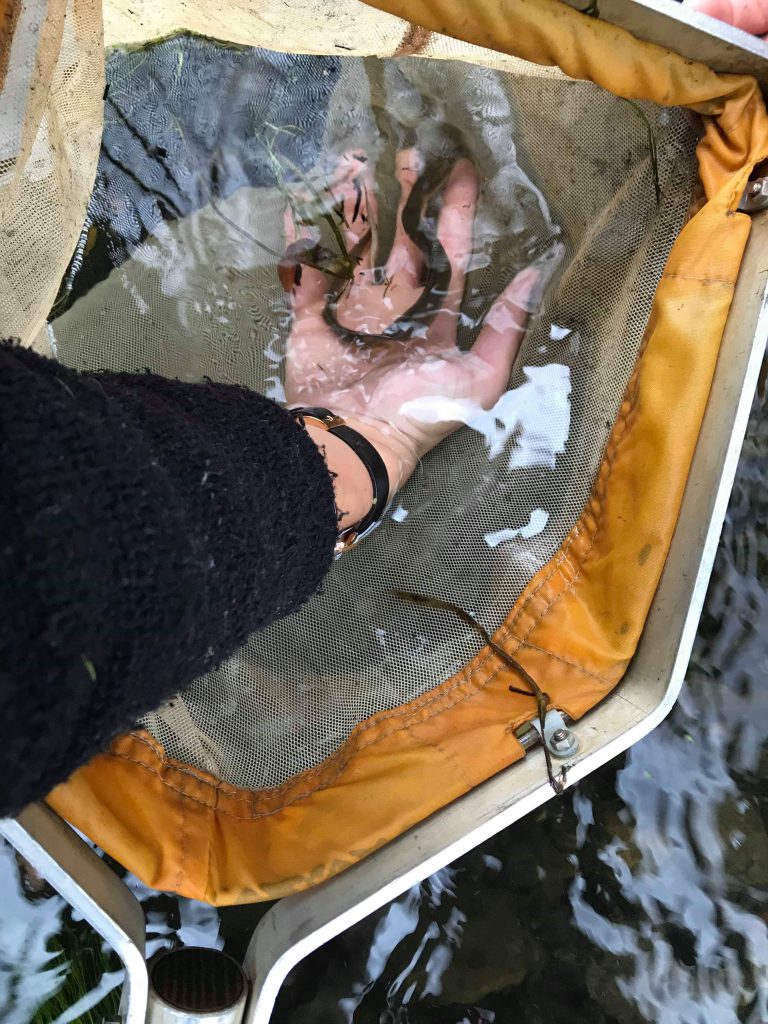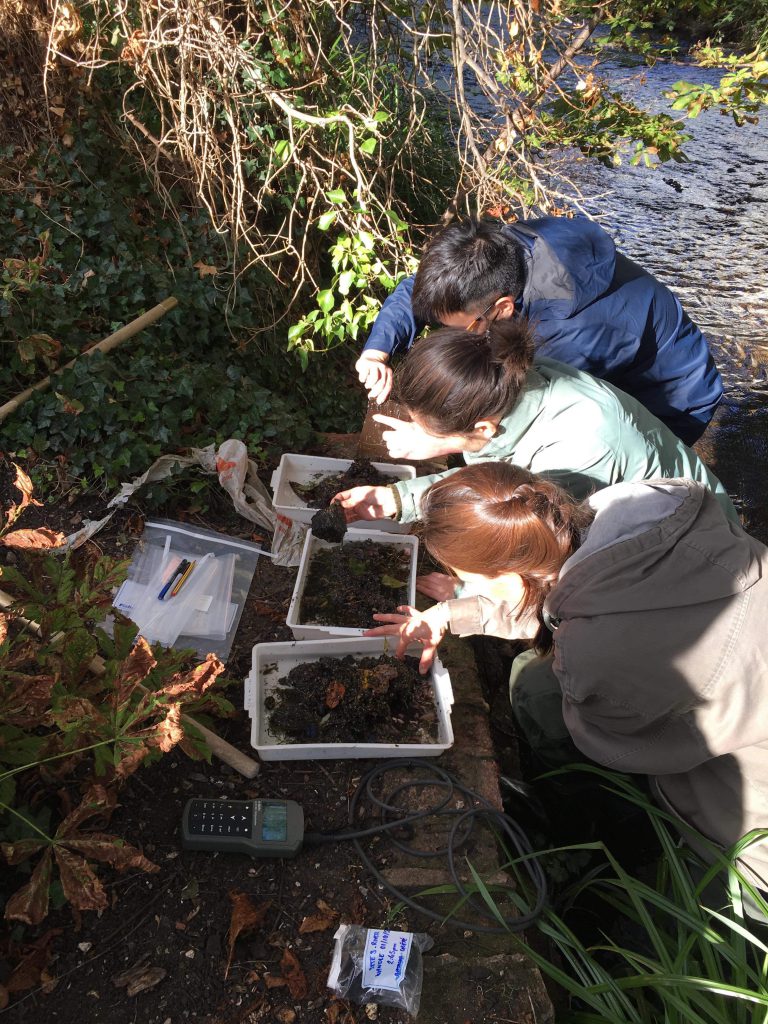King’s has an internationally renowned faculty with a growing emphasis on interdisciplinary learning to prepare graduates to tackle the world’s challenges.
King’s Geography has many programs available, covering a wide range of water related topics, including our MA in Geopolitics, Territory and Security and MSc in Climate Change: Environment, Science and Policy as well as a suite of other tracks. Students are able to take a variety of water related courses from the social and physical sciences and can specialise in water issues within their track (also see below for more details).
Learn firsthand from one of our recent graduates, Valeria Meraz, about her experiences!

Why did you choose King’s Geography?
I studied Geography for my undergraduate a few years prior. When I decided to move onto my Master’s Degree, I wanted a course that was interdisciplinary. I think King’s Geography Department is one of the best for that since many other top universities make you choose very specific pathways and it was important to me that I could do a variety of social science and environmental physical geography classes.
What were some of your favorite modules and lecturers?
I honestly loved all the modules I chose!
One of Valeria’s favorite modules was Applied Aquatic Sciences with Dr. Michael Chadwick where she was able to see eels in the River Wandle, which shows that efforts to ensure the eels can swim upstream safely. This is a literal “hands on” moment!

What was one of your favorite experiences or moments in the program?
For the Applied Aquatic Sciences module, we did a field trip in which we had to do kick-samples in the River Wandle and I found an endangered eel in my net. We put it back in the water safely of course, but it was pretty exciting that we found it so far upstream because it proves that the eel passages installed in the river work well and eels are safely swimming up.
What was your dissertation on?
My dissertation looked at Rainwater Harvesting and how this practice changes water dynamics for households in a marginalised area of Mexico City.

Looking back, what advice would you give students who are in the process of applying to their Master’s?
“Read as much as you can about specific modules and the lecturers who are likely to teach them, having a look at the kind of past work they have done really helps to make sure you are choosing modules which you will find interesting. The year goes by very fast so it’s best to be fully engaged in all your classes.”
To learn more about individual courses, next steps, application requirements and more about water-related research and modules with King’s geography, see the postgraduate webpage.
Highlighted Courses:
Water, security and the environment: Taught by Dr Naho Mirumachi specialising in transboundary water politics and management.
Water sustainability, society and governance: Taught by Dr Majed Akhter and Dr Katie Meehan who focus on the politics of large physical infrastructures; critical approaches to environment and development (especially water); urban water issues, infrastructure and water governance.
Environmental Remote Sensing: Taught by Dr Emma Tebbs and Prof Martin Wooster who combine theoretical understanding and practical experience of remote sensing methods and data analysis.
Modelling Environmental Change: Taught by Dr Tamsin Edwards to understand climate and environmental modelling and improvement of their predictions.
Environmental GIS: Led by Dr Kris Chan to develop a theoretical understanding and to learn the practical skills to complete various spatial analyses
Environmental Processes and Management: Led by Dr Andreas Baas and Dr Daniel Schillereff, covering a range of environmental processes which are important for maintaining healthy ecosystems, including the interrelationships between hydrological, geomorphological and ecological processes within river systems and their catchments.
Applied Aquatic Sciences that includes a field trip and lab-based sessions. Experienced scientists, Dr Jane Catford, Dr Mike Chadwick and Dr Frances O’Shea will guide you through a practical application of biological and physicochemical field techniques of samples and survey data.
Environmental Internship where you can acquire experience working with selected environmental actors involved in environmental policy lobbying, formulation and implementation.